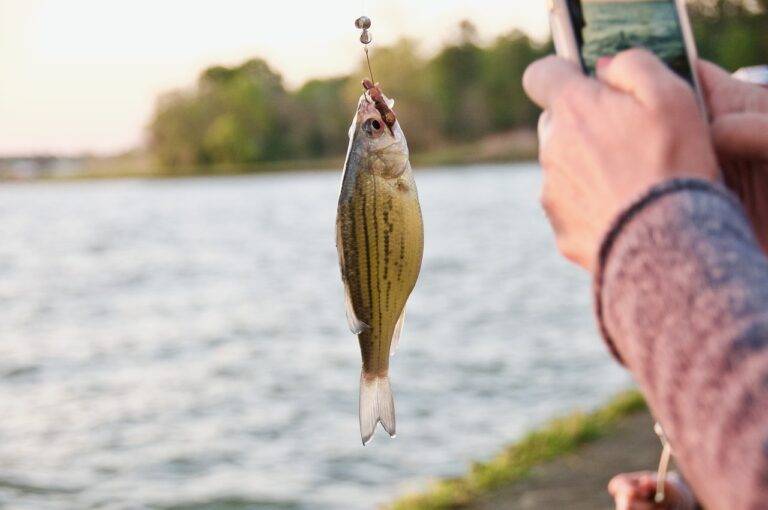The Impact of Food Delivery Drones on QSR Logistics: Allpaanel, Laser247.com login, Betbook247 login
allpaanel, laser247.com login, betbook247 login: The Impact of Food Delivery Drones on QSR Logistics
In recent years, the food delivery industry has seen significant advancements in technology, with the introduction of delivery drones being one of the most groundbreaking innovations. Drones promise swift and efficient delivery of food orders, revolutionizing the way quick-service restaurants (QSRs) handle logistics. In this article, we will explore the impact of food delivery drones on QSR logistics and how this technology is reshaping the industry.
The Rise of Food Delivery Drones
Delivery drones have gained popularity as a convenient and efficient solution for delivering products, including food orders, to customers. With the ability to bypass traffic congestion and reach their destinations faster than traditional delivery methods, drones have the potential to transform the food delivery landscape.
QSRs are among the early adopters of drone delivery technology, exploring ways to leverage drones to streamline their delivery operations and meet increasing consumer demand for fast and convenient delivery services. By partnering with drone delivery service providers or developing their drone delivery systems, QSRs are positioning themselves as innovators in the industry.
The Benefits of Food Delivery Drones
The introduction of food delivery drones offers several advantages for QSRs and their customers. Some of the benefits include:
1. Faster Delivery Times: Drones can significantly reduce delivery times by flying directly to customers’ locations, bypassing traffic and other obstacles that can slow down traditional delivery vehicles.
2. Cost-Effective: Drone delivery can be more cost-effective for QSRs in the long run, as it requires less manpower and resources compared to traditional delivery services.
3. Improved Customer Experience: Customers value speed and convenience when it comes to food delivery, and drones can provide a seamless and hassle-free delivery experience.
4. Reduced Carbon Footprint: Drones are more environmentally friendly than traditional delivery vehicles, as they produce fewer emissions and consume less fuel.
Impact on QSR Logistics
The integration of food delivery drones into QSR logistics has several implications for the industry. Here are some key ways in which drones are reshaping QSR logistics:
1. Streamlined Delivery Operations: Food delivery drones can help QSRs streamline their delivery operations by optimizing routes, reducing delivery times, and improving overall efficiency.
2. Enhanced Order Fulfillment: Drones can facilitate faster and more accurate order fulfillment, ensuring that customers receive their orders promptly and in good condition.
3. Increased Delivery Radius: With drones, QSRs can extend their delivery radius beyond their traditional boundaries, reaching customers in remote or hard-to-reach areas.
4. Real-Time Tracking: Drones enable real-time tracking of food orders, allowing both QSRs and customers to monitor the delivery process and ensure that orders are delivered on time.
Challenges and Considerations
While food delivery drones offer many benefits, there are also challenges and considerations that QSRs need to address when implementing this technology. Some of the key challenges include:
1. Regulatory Compliance: QSRs need to comply with regulations governing drone operations, including safety standards, airspace restrictions, and privacy concerns.
2. Safety Concerns: Ensuring the safety of drone operations and minimizing the risk of accidents or malfunctions is critical for QSRs considering drone delivery services.
3. Infrastructure and Technology: QSRs must invest in the necessary infrastructure and technology to support drone delivery operations, including drone maintenance, software systems, and operational processes.
FAQs
Q: How do food delivery drones work?
A: Food delivery drones are unmanned aerial vehicles equipped with GPS technology and sensors that enable them to navigate to specific locations and deliver food orders to customers.
Q: Are food delivery drones legal?
A: The legality of food delivery drones varies depending on local regulations and airspace restrictions. QSRs considering drone delivery services need to comply with relevant laws and obtain the necessary permits.
Q: What are the main benefits of using food delivery drones for QSRs?
A: Some of the main benefits of food delivery drones for QSRs include faster delivery times, cost-effectiveness, improved customer experience, and reduced carbon footprint.
Q: What are the challenges of implementing food delivery drones for QSRs?
A: Challenges of implementing food delivery drones for QSRs include regulatory compliance, safety concerns, and the need for infrastructure and technology investments.
In conclusion, food delivery drones are transforming QSR logistics by offering faster, more efficient, and environmentally friendly delivery solutions. While there are challenges to overcome, the potential benefits for QSRs and their customers are significant. By embracing drone delivery technology, QSRs can stay ahead of the competition and meet the evolving demands of the food delivery market.







